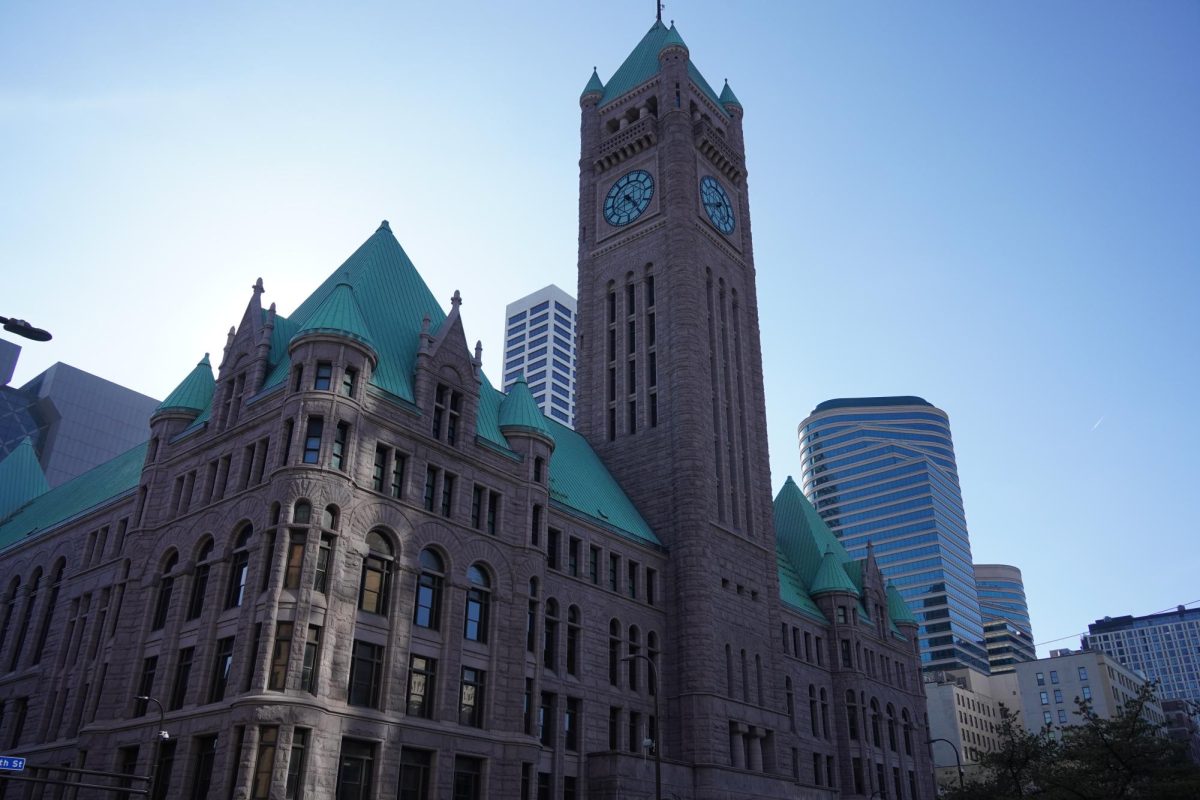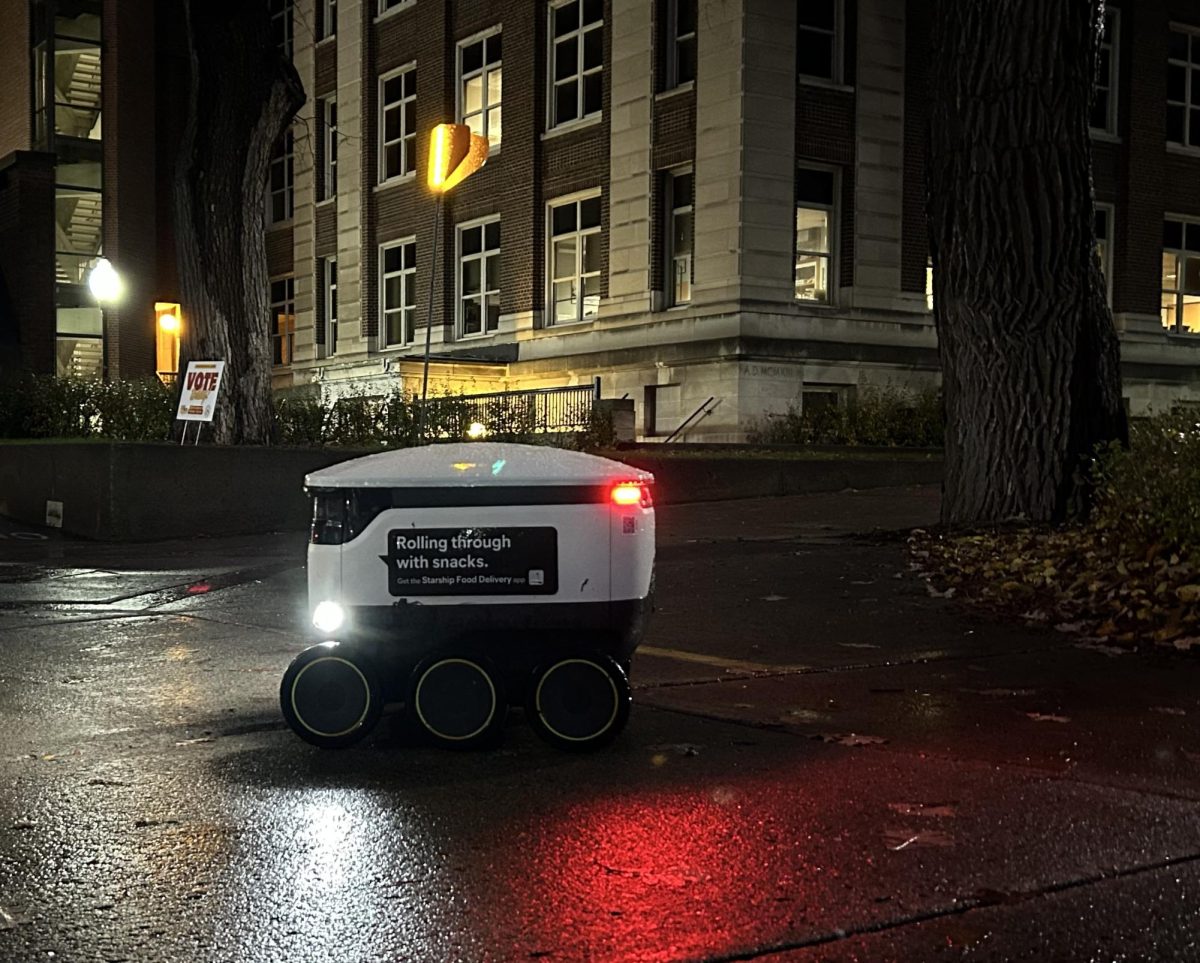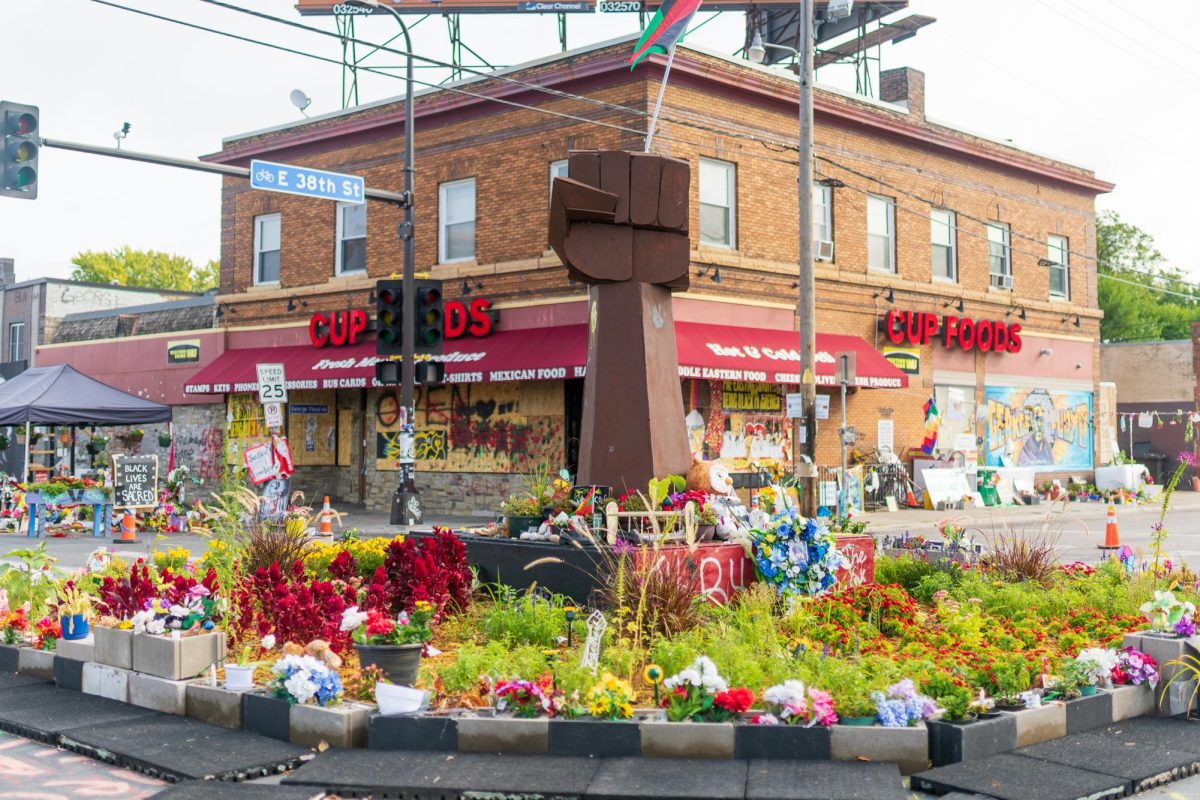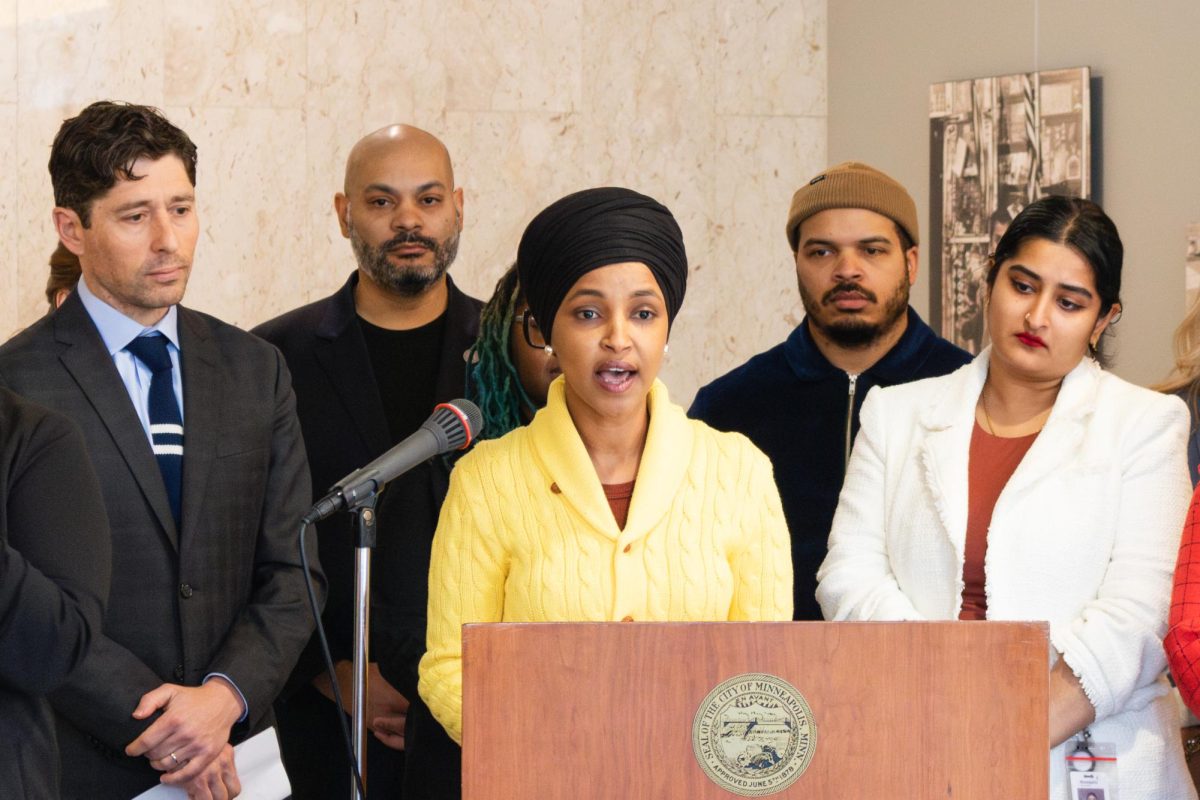Minneapolis’ Neighborhood Safety Department (NSD) gave 12 city organizations over $1.1 million to implement trauma-response programming despite questions raised by the City Council regarding their effectiveness.
City Council member Robin Wonsley (Ward 2) questioned whether two of the selected organizations — the Black Business Enterprises fund (BBE) and the Let’s Learn Collectively On Our Life’s Journey — were relevant to trauma response and de-escalation services at an Oct. 21 city council subcommittee meeting, according to Wonsley’s Oct. 25 newsletter.
Trauma-response programming includes emergency intervention services like medical treatment or housing, support resources to remove individuals from violent situations like domestic abuse, help them heal from their experiences and prevent a repeat of those situations, according to the city’s financial report on the funding. Communities of color and low-income individuals are disproportionately at risk of cyclical trauma.
The funds come from money received from the 2021 American Rescue Plan Act, which provided U.S. cities with money for post-pandemic recovery.
Of the $1.1 million, the BBE fund received about $125,000, and Let’s Learn received $100,000.
BBE Executive Director Nancy Korsah said that despite ultimately receiving the funds, waiting for the allocation to be finalized was stressful. She added that the organization has faced judgment based on the organization’s name.
Korsah said the organization helps beyond working with women of color by intervening when they leave abusive homes, by providing shelter, medical care and resources to learn financial literacy to develop their independence.
“Our number one goal is to get them fully financially free so that they don’t have to depend on anyone,” Korsah said. “I live for this, like it’s so exciting to see someone be able to be free and be able to pay their own rent and not have to go back to their abuser just because they absolutely have to.”
Wonsley said in an email statement to the Minnesota Daily that the two organizations seem like they do great work, but she was unsure of their connection to trauma-response programming and the geographical equity of the selected organizations. She added that NSD failed to provide further information to her and other city council members about why these organizations are effective choices to receive the funding.
“The City Council does not have direct oversight over the contract process through which vendors are selected,” Wonsley said in her statement. “The process is run by the city’s procurement department. This is why I had questions about the procurement process that led to the selection of the listed organizations. So far I have not received an answer as to why these organizations were selected.”
NSD selected the 12 organizations based on geographical areas with high crime rates, which populations each organization serves, and the diversity of the organizations, according to an email statement to the Minnesota Daily from Office of Community Safety spokesperson Brian Feintech.
Korsah said BBE already spent the money they were told they would receive before receiving it. If the council does not approve sending BBE the money, Korsah said she is worried BBE will have to take the $125,000 financial loss.
Wonsley said in her statement she would like to see organizations with strong, quality backgrounds in emergency trauma response be selected for city funding.
Korsah said she hopes the city council will look beyond BBE’s name in the future and see their work helping communities of color gain financial independence to intervene and prevent cyclical abuse trauma.
“Unfortunately, people don’t realize that we are not able to help our own people because sometimes they shy away from a lot of resources and help because they don’t believe that they belong,” Korsah said. “It was purposeful for us to put ‘Black Business’ so the people of color would stop running away from the help that they actually need and be comfortable coming to us.”















Angela MCDOWELL
Nov 13, 2024 at 10:54 pm
As the Executive Director of Let’s Learn Collectively On Our Life’s Journey, a literacy organization, I think the Councilwoman’s willingness to speak on public record about what she admittedly hasn’t read underscores an urgent need to fight poverty of the mind with education. The fact that the Council can think further traumatizing the community with misinformation and playing political football using 2 black women-led organizations is appropriate is their cross to carry. The People will not be distracted. The People have work to do for the community despite the Councilwoman’s singular agenda or any pseudo power. If the Councilwoman fails to see how literacy or equity (as with BBE) deescalates trauma then the People, in understanding our lived experiences, have to question the efficacy of such representation.